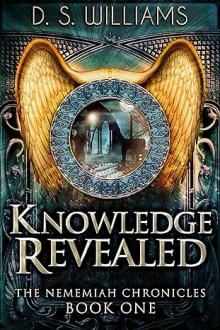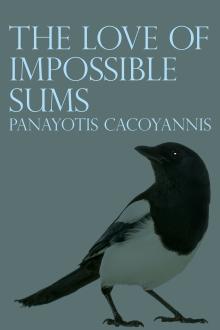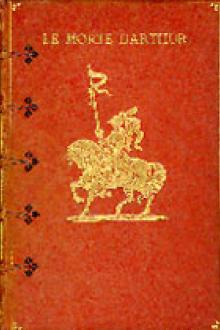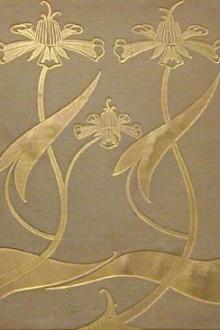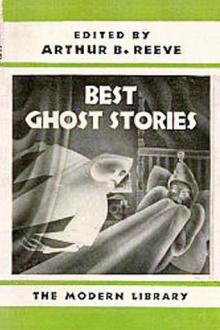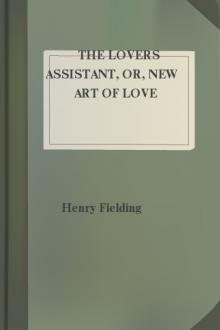The History of the Life of the Late Mr Jonathan Wild the Great
The History of the Life of the Late Mr Jonathan Wild the Great
Jonathan Wild, born about 1682 and executed at Tyburn in 1725, was one of the most notorious criminals of his age. His resemblance to the hero in Fielding's satire of the same name is general rather than particular. The real Jonathan (whose legitimate business was that of a buckle-maker) like Fielding's, won his fame, not as a robber himself, but as an informer, and a receiver of stolen goods. His method was to restore these to the owners on receipt of a commission, which was generally pretty large, pretending that he had paid the whole of it to the thieves, whom for disinterested motives he had traced. He was a great organiser, and he controlled various bands of robbers whose lives he did not hesitate to sacrifice, when his own was in danger. Naturally he was so hated by many of his underlings that it is a wonder he was able to maintain his authority over them as many years as he did. His rascality had been notorious a long time before his crimes could actually be proved. He was executed at last according to the statute which made receivers of stolen goods equally guilty with the stealers.
Book Excerpt
e are rather to be bewailed as imperfections than admired as ornaments in these great men; rather obscuring their glory, and holding them back in their race to greatness, indeed unworthy the end for which they seem to have come into the world, viz. of perpetrating vast and mighty mischief?
We hope our reader will have reason justly to acquit us of any such confounding ideas in the following pages; in which, as we are to record the actions of a great man, so we have nowhere mentioned any spark of goodness which had discovered itself either faintly in him, or more glaringly in any other person, but as a meanness and imperfection, disqualifying them for undertakings which lead to honour and esteem among men.
As our hero had as little as perhaps is to be found of that meanness, indeed only enough to make him partaker of the imperfection of humanity, instead of the perfection of diabolism, we have ventured to call him THE GREAT; nor do we doubt but our reader, when he hath perused his story, will con
FREE EBOOKS AND DEALS
(view all)Popular books in Fiction and Literature
Readers reviews
0.0
LoginSign up
Be the first to review this book

 Free Download
Free Download









